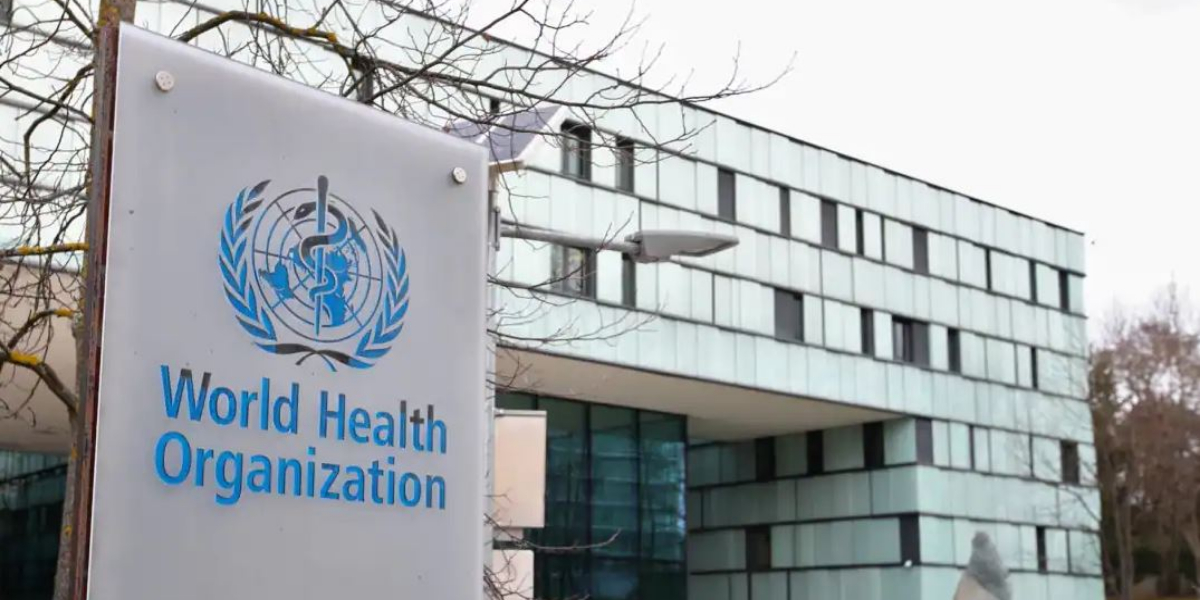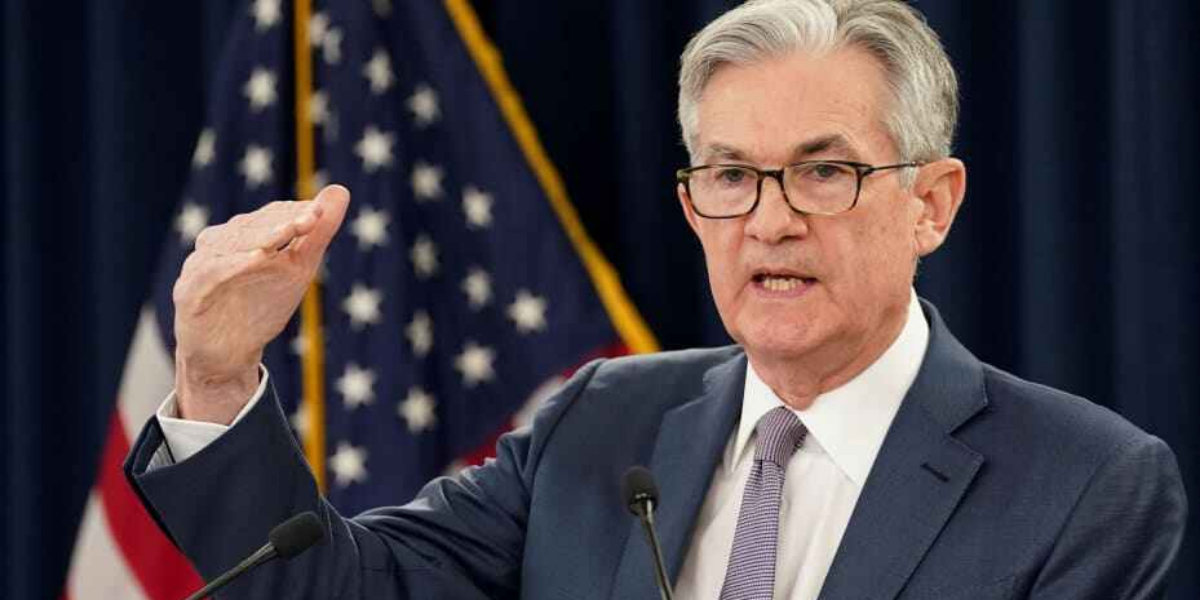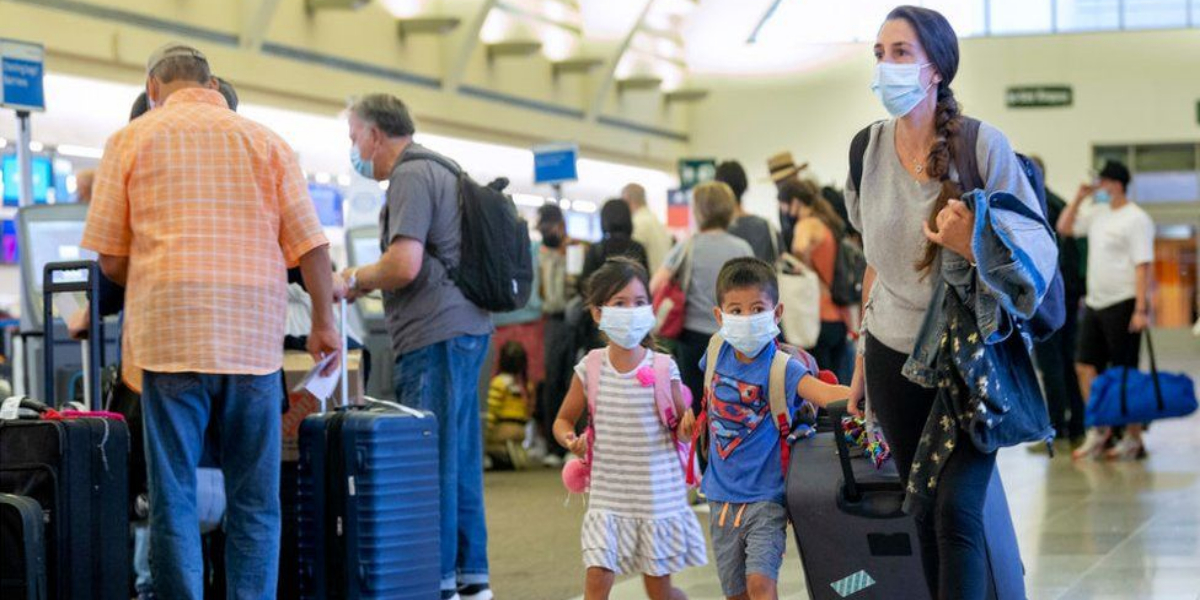The recent rise in COVID-19 cases and the emergence of the Omicron variant pose downside risks to U.S. employment and economic activity and increased uncertainty for inflation, Federal Reserve Chairman Jerome Powell said in a written testimony released Monday afternoon.
“Greater concerns about the virus could reduce people’s willingness to work in person, which would slow progress in the labour market and intensify supply-chain disruptions,” Powell said in the testimony prepared for a hearing before the Senate Banking Committee scheduled on Tuesday morning.
Powell noted that pandemic-related supply and demand imbalances have contributed to notable price increases in some areas, with the price index for personal consumption expenditures up 5 percent over the 12 months ending in October.
“It is difficult to predict the persistence and effects of supply constraints, but it now appears that factors pushing inflation upward will linger well into next year. In addition, with the rapid improvement in the labour market, slack is diminishing, and wages are rising at a brisk pace,” he said.
Powell also said the central bank understands that high inflation imposes significant burdens, especially on those less able to meet the higher costs of essentials like food, housing, and transportation.
“We are committed to our price-stability goal. We will use our tools both to support the economy and a strong labour market and to prevent higher inflation from becoming entrenched,” he said.
The Fed has pledged to keep the federal funds rate unchanged at the record-low level of near-zero since the start of the pandemic. The central bank began this month to reduce its monthly asset purchase program of 120 billion U.S. dollars by 15 billion dollars. At this pace, the Fed would end its asset purchases by June next year.
It’s too soon to judge the health implications and the economic effects of the emerging Omicron variant, according to an analysis released by Oxford Economics on Monday.
“If the Omicron variant ends up having a significant impact on the economy, then governments and central banks would likely focus their response on the demand impacts rather than the more ambiguous inflation impact,” the analysis said.



